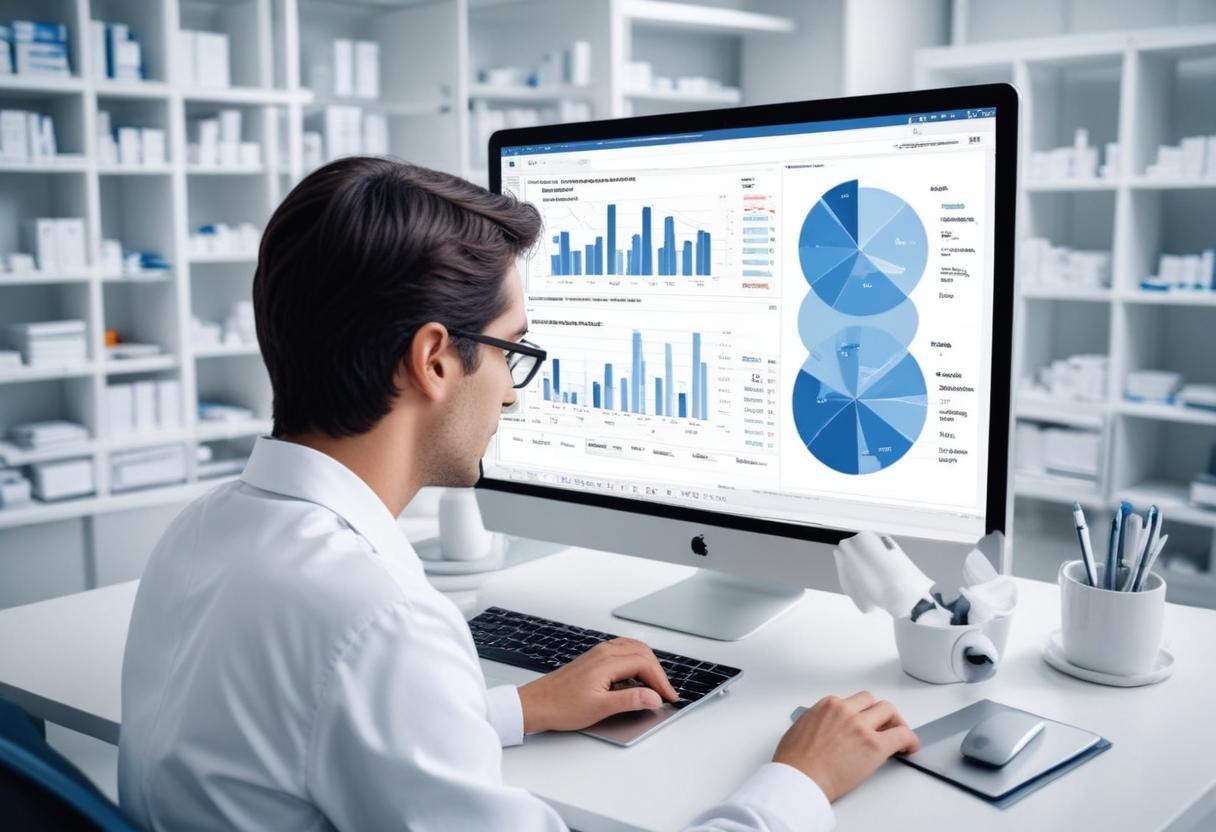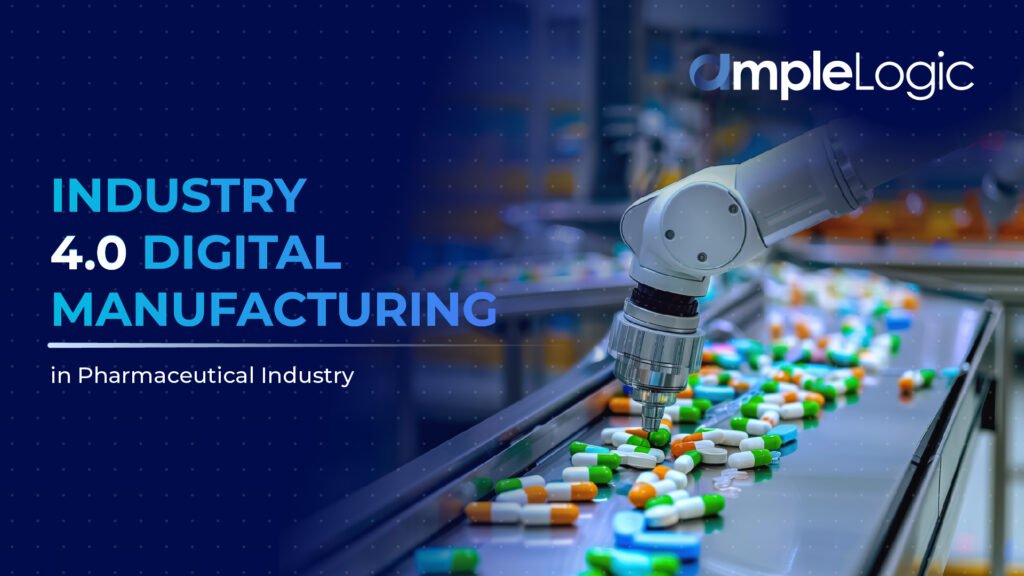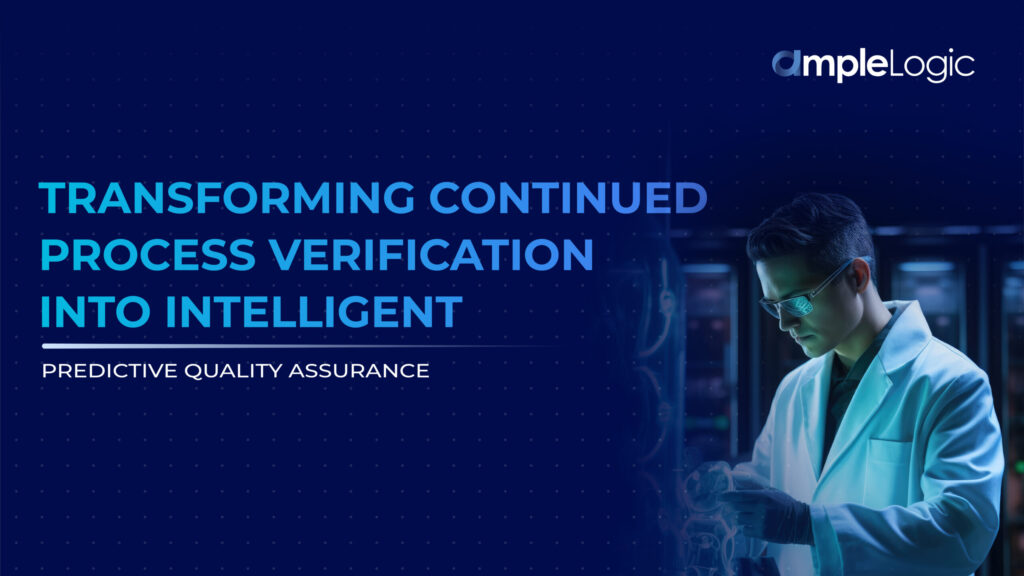
The Annual Product Quality Review (APQR) is a critical process for pharmaceutical companies to evaluate the quality standards of their products, ensure regulatory compliance, and identify areas for improvement. In recent years, the integration of Artificial Intelligence (AI) in the pharmaceutical industry has opened new avenues to streamline and optimize the APQR process, making it more efficient, accurate, and comprehensive. This article delves into the applications of AI in APQR, its benefits, challenges, and the future implications for the pharmaceutical sector.
AI Applications in APQR
AI has been incorporated into various aspects of the APQR process, enabling pharmaceutical companies to analyze vast amounts of data, detect patterns, and make data-driven decisions. Some of the key applications of AI in APQR include:
Automated Data Collection and Analysis: AI-powered tools can collect and analyze large volumes of data from multiple sources, such as production records, quality control reports, and customer feedback. By processing this data, AI algorithms can identify trends, anomalies, and potential quality issues that may require further investigation.
Predictive Analytics: AI models can predict potential quality issues based on historical data, allowing companies to proactively address these concerns before they escalate. This helps mitigate the risk of product recalls, regulatory non-compliance, and reputational damage.
Automated Report Generation: AI can automate the process of generating comprehensive APQR reports, significantly reducing the time and effort required for report preparation. These reports provide valuable insights into the quality performance of products, enabling companies to make informed decisions about product improvements and resource allocation.
Continuous Monitoring: AI algorithms can continuously monitor production processes and quality data, providing real-time updates on quality performance. This enables companies to quickly respond to emerging issues and maintain a high level of quality control throughout the manufacturing process.
Benefits of AI in APQR
Integrating AI into the APQR process offers several advantages for pharmaceutical companies:
Enhanced Efficiency: By automating time-consuming tasks such as data analysis and report generation, AI allows quality professionals to focus on more strategic aspects of APQR, such as risk assessment and continuous improvement initiatives.
Improved Accuracy: AI reduces the likelihood of human errors in data analysis and reporting, ensuring the reliability and accuracy of APQR reports. This is particularly important in the pharmaceutical industry, where product quality and regulatory compliance are paramount.
Cost Savings: AI-powered predictive analytics help companies identify potential quality issues early, reducing the costs associated with product recalls, regulatory non-compliance, and potential litigation.
Competitive Advantage: Pharmaceutical companies that adopt AI in their APQR processes gain a competitive advantage by improving product quality, enhancing regulatory compliance, and demonstrating a commitment to innovation.
Challenges and Considerations
While AI offers numerous benefits for APQR, there are also challenges to consider:
Data Privacy: Pharmaceutical companies must ensure that sensitive data is protected and that AI algorithms are developed with privacy and security in mind.
Integration with Existing Systems: Integrating AI-powered tools with existing manufacturing and quality management systems can be complex and may require significant investment in IT infrastructure.
Talent and Expertise: Successful implementation of AI in APQR requires skilled professionals who can develop, manage, and interpret AI-based tools and models. Companies must invest in training and talent acquisition to build the necessary in-house expertise.
Future Implications
As AI technology continues to advance, its applications in the pharmaceutical industry are expected to grow exponentially. AI will likely play an even more significant role in APQR and other aspects of pharmaceutical manufacturing and quality control, leading to improved product quality, reduced costs, and enhanced patient safety.
AI In Amplelogic APQR Solutions
- OCR (Optical Character Recognition): AmpleLogic APQR software has capabilities of capturing Critical, Key and In process data from Batch Manufacturing and COA (Certificate of Analysis), which are handwritten scanned pdf documents.
- Predictive Analysis: By studying historical data our APQR software can provide predictive analysis on Deviation and Batch Yield.
- CPV Analysis: Notifies users in advance regarding CPV analysis before the batch gets released.
Conclusion
Artificial Intelligence has emerged as a transformative force in the pharmaceutical industry, revolutionizing the Annual Product Quality Review process and enabling companies to make data-driven decisions about product quality, regulatory compliance, and continuous improvement. While challenges exist, the potential benefits of AI in APQR are vast and far-reaching. As the technology evolves, pharmaceutical companies that embrace AI will be best positioned to thrive in an increasingly competitive and regulated market.





















